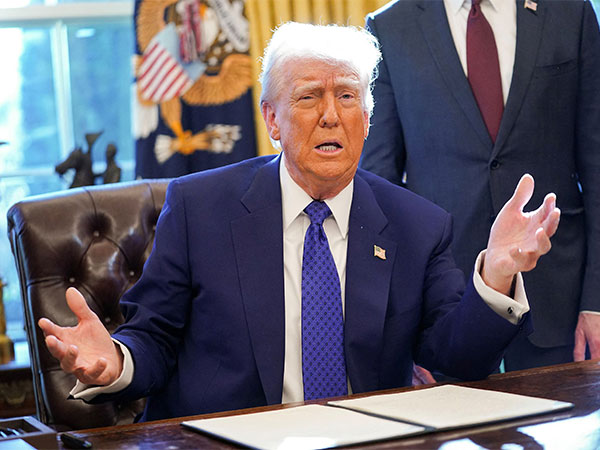Executive Power Play: The Rise of Presidential Dominance in U.S. Budget Politics
The evolution of budget reconciliation in Congress reveals a shift in power from legislative to executive, illustrated by historical precedents and recent political maneuvering. This trend underscores a broader erosion of congressional authority in the face of expanding presidential agendas.

- Country:
- United States
The ceremonial flyover of a B-2 bomber during the signing of a budget bill might appear excessive, yet in today's arena of political theatrics and congressional stalemates, it seems fitting. After extensive debate, Congress has, at last, passed a comprehensive tax and spending package. While largely disliked, it may prove effective by design, per The Hill's report. Termed a 'pseudo-budget,' it signifies the changing role of reconciliation—from its origins in empowering Congress to its present use advancing presidential agendas.
Reconciliation, initially formalized in the 1974 Congressional Budget and Impoundment Control Act, was a response to concerns over executive power post-Nixon. It started as a legislative mechanism for fiscal discipline and budget efficiency. 'The first reconciliation package emerged in 1980 as lawmakers aimed to tackle a vast budget deficit,' highlighted The Hill. That deficit, near 3% of GDP then, drew bipartisan alarm—a concern now outdated as the U.S. faces a $2 trillion deficit, over 6% of GDP.
The Hill detailed reconciliation's evolution from a fiscal tool to a vehicle bypassing Senate filibuster for major laws. This shift gained momentum with the 1993 Omnibus Budget Reconciliation Act under President Clinton, followed by uses in President Bush's tax cuts and President Obama's Affordable Care Act. Notably, Obama's presidency became a turning point for executive actions in policy-making, a trajectory that escalated under President Trump, whose approach marked a departure from constitutional norms, eroding congressional authority.
(With inputs from agencies.)
ALSO READ
Congress Eyes Solo Path in Maharashtra's Changing Political Landscape
Congress Criticizes World Bank Report on India's Poverty Inequality: Calls for Urgent Reforms
High-Powered Political Engagements in Chhattisgarh: BJP and Congress on the Move
Congress Denounces Government's Claim of Equality: Calls for Data Integrity
Congress Criticizes Modi's Economic Policies as Favoring Big Businesses










